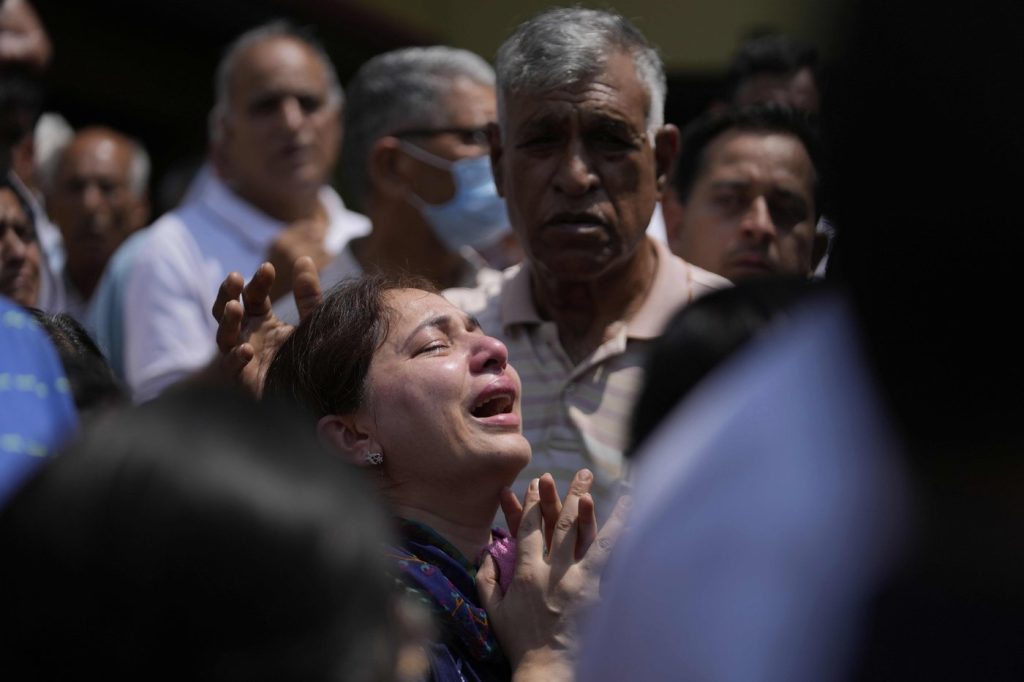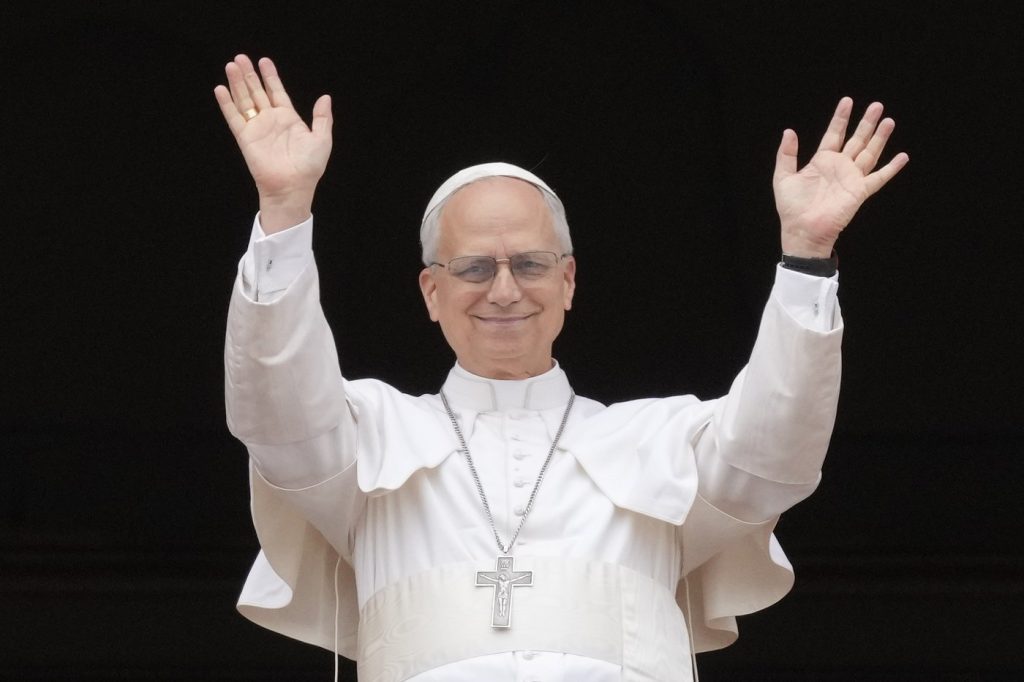ISLAMABAD (AP) - In a significant escalation of military tensions, India's military operations earlier this week resulted in the deaths of over 100 militants, including notable leaders, in Pakistan-controlled Kashmir. Lt. Gen. Rajiv Ghai, the director general of military operations, announced on Sunday that Indian forces successfully targeted nine militant infrastructure and training facilities. Among these were sites belonging to the Lashkar-e-Taiba group, which India holds responsible for various militant attacks within the country and in the disputed region of Kashmir.
During a news conference in New Delhi, Ghai emphasized that the operation achieved “total surprise” and characterized Pakistan’s military response as “erratic and rattled.” The military actions unfolded shortly after both nations reportedly agreed to a ceasefire a day earlier, aimed at diffusing the most serious military confrontation in decades. This confrontation included exchanges of gunfire, artillery strikes, and the use of missiles and drones, which resulted in numerous casualties on both sides.
Contradicting India's claims about the ceasefire negotiations, Pakistan's military stated that it did not request a ceasefire. Instead, Lt. Gen. Ahmad Sharif indicated that India initiated the request for de-escalation. At a separate press conference, Sharif claimed that Pakistan’s armed forces retaliated by targeting 26 Indian military installations in response to India's missile strikes launched before dawn on Wednesday. He asserted that Pakistan had committed to responding to Indian aggression, warning that any threats to the nation's sovereignty would receive a "comprehensive, retributive, and decisive" response.
Ghai reported that the exchanges along the Line of Control, which serves as the de facto border in the disputed Kashmir region, resulted in the deaths of 35 to 40 Pakistani soldiers, with five Indian soldiers also having lost their lives. Conversely, Pakistan’s Information Minister Attaullah Tarar stated that Pakistan’s armed forces had killed between 40 to 50 Indian soldiers during these confrontations.
Following India's military strikes on Wednesday, Pakistan launched multiple drone incursions targeting various Indian locations, which were reportedly neutralized by the Indian air force. Air Marshal A.K. Bharti described India’s operations as “significant and game-changing,” asserting that they targeted air bases in Pakistan. However, he refrained from confirming claims by Pakistan regarding the downing of five Indian fighter jets, only acknowledging that losses are an expected part of combat scenarios.
The Associated Press has been unable to independently verify all reported actions by either nation. The ceasefire announced on Saturday was soon disrupted by renewed fighting, with both sides accusing each other of violating the agreement. Reports from both sides of the Line of Control indicated ongoing shelling and exchanges of fire, although fighting decreased by Sunday morning.
In Indian-controlled Kashmir's Poonch area, residents described experiencing intense shelling which created a chaotic environment, causing many to flee their homes. In contrast, residents in Pakistan-controlled Kashmir's Neelum Valley, just a few kilometers from the Line of Control, reported continued exchanges of fire, expressing a sense of uncertainty despite initial relief at the ceasefire announcement.
U.S. President Donald Trump was the first to announce the ceasefire agreement on his Truth Social platform, which was later confirmed by officials from both India and Pakistan. Pakistan has expressed gratitude towards the U.S., particularly Trump, for facilitating the ceasefire, although India has not publicly acknowledged any U.S. involvement. A U.N. spokesperson welcomed the ceasefire as a positive step towards reducing regional tensions and fostering conditions for long-term peace.
Discussions between high-ranking military officials from India and Pakistan are scheduled for Monday. The two nations have a longstanding history of conflict, particularly over the Kashmir region, which remains a contentious issue fueling mutual suspicion and rivalry.












